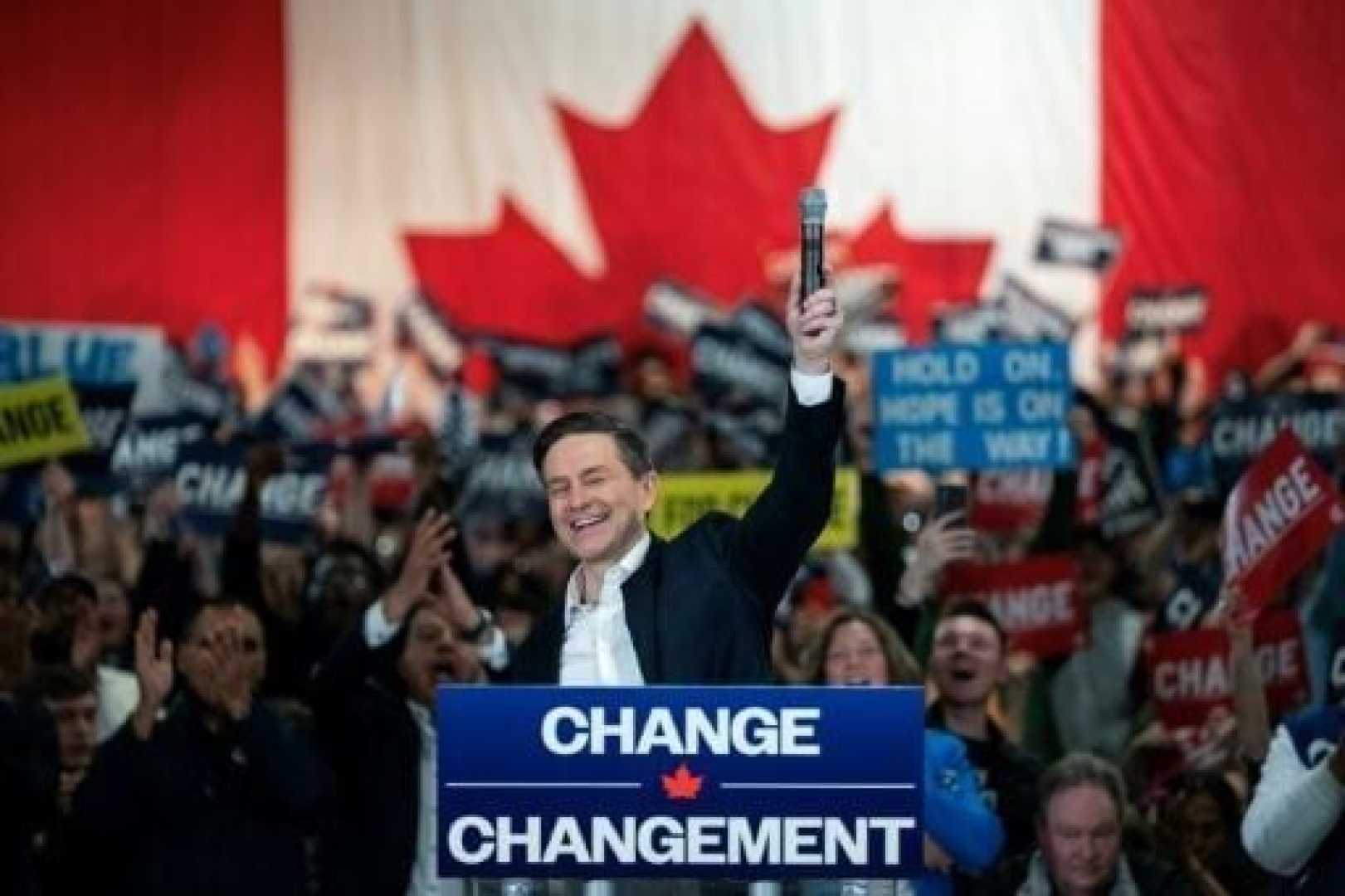Politics
Canadian Politician Faces Challenges Amid U.S. Political Climate

Bowmanville, Ontario — Jamil Jivani, a candidate for the Canadian Parliament, is navigating a tense political environment marked by the influence of U.S. politics. Jivani, who is also a close associate of U.S. Vice President J.D. Vance, faces pressure as his party’s reputation suffers amid controversial remarks from Vance and former President Donald Trump.
Jivani, a Yale law classmate of Vance, has found himself in a difficult position as his campaign headquarters on Division Street is met with disinterest. An older volunteer informed reporters, ‘If Jamil has anything to say, he will contact you,’ reflecting a desire for distance from his high-profile friend.
His party, a conservative group aligned with Trump’s agenda, initially seemed poised for success with promises of tax cuts and anti-woke policies. However, recent statements by Trump, including a suggestion to annex Canada, have alienated many voters and shifted public sentiment dramatically towards the Liberal party led by Mark Carney, a seasoned economist.
The backlash against Trump’s inflammatory rhetoric has fueled a stunning 25-point shift in voter preferences, undermining the conservative position in a traditionally safe district. Carney is seen as a steady figure in contrast to the controversial figures in U.S. politics.
“Nobody came to Canada’s defense from the U.S.,” noted a worker at a local General Motors plant in Oshawa, where concerns regarding Trump’s tariffs have led to job insecurity and frustration among auto workers. These tariffs, they believe, unfairly target Canadian jobs and create further divide between American and Canadian workers.
Trump’s policies, which many Canadians view as hostile, have left local citizens feeling powerless as they perceive that their appeals to the U.S. government, once a neighborly connection, now fall on deaf ears. Workers consider Jivani’s close ties to Vance, questioning why he has not advocated for their interests.
“I hear he’s a slippery bastard,” another worker commented when asked about Jivani’s absence in discussions surrounding local labor concerns.
The landscape in Oshawa and Bowmanville reflects a blending of cultures, with new immigrants contributing to the community. However, with rising tensions and economic vulnerability, Canada’s national identity is under scrutiny as it braces against external threats.
As the election approaches, Jivani’s silence regarding Trump and Vance’s influence could alienate potential voters. Despite his previous close ties, his current political strategy demonstrates a critical pivot to navigate the complexities of running for office in the shadow of a volatile U.S. administration.
Ultimately, regardless of the election outcome, the ramifications of the U.S.-Canada relationship and the evolving political landscape will resonate well beyond voting day. Canada appears steadfast in its resolve, even as voices across the border continue to raise concerns about American intentions.












